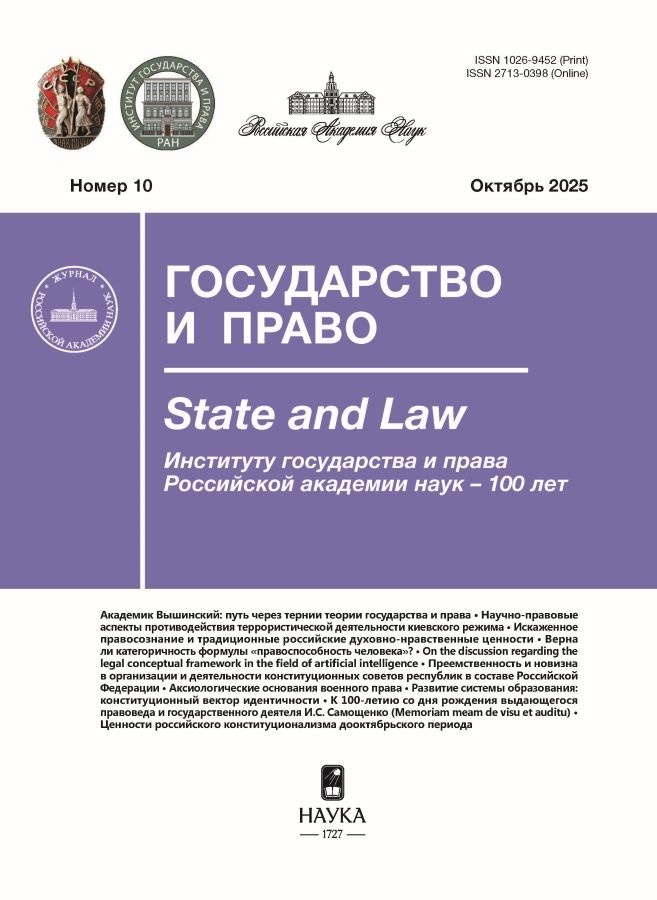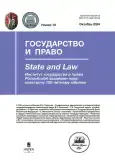S. Moscovici: masses and politics
- Authors: Zhukov V.N.1,2
-
Affiliations:
- Lomonosov Moscow State University
- Institute of State and Law of the Russian Academy of Sciences
- Issue: No 10 (2024)
- Pages: 55-69
- Section: Legal, political, philosophical and religious thought
- URL: https://modernonco.orscience.ru/1026-9452/article/view/649071
- DOI: https://doi.org/10.31857/S1026945224100063
- ID: 649071
Cite item
Abstract
The article examines S. Moscovici’s teaching about the masses in the context of psychoanalysis. Moscovici made an attempt to create a “science of the masses”, which quite adequately reflected the practice of the political regimes of the 20th century. From his point of view, liberal democracy only formally appears to be a rational, reasoned doctrine, where the category of “people” occupies a central place. In fact, state and political institutions are based on the emotional life of the masses, their unconscious. The state and state bodies, political parties, religious associations, trade unions and other social groups basically carry out their activities according to the laws of the crowd. An individual, being a member of the mass, loses the ability to think rationally, obeying the emotions of the crowd.
Keywords
Full Text
About the authors
Vyacheslav N. Zhukov
Lomonosov Moscow State University; Institute of State and Law of the Russian Academy of Sciences
Author for correspondence.
Email: pifagor2002@mail.ru
Doctor of Law, Doctor of Philosophy, Professor of the Department of Theory of State and Law and Political Science of the Faculty of Law; Chief Researcher, Sector of Philosophy of Law, Theory and History of the State and Law
Russian Federation, Moscow; MoscowReferences
- Moscovici S. The age of crowds. Historical treatise on mass psychology. M., 1998. Pp. 20, 23, 25, 27–34, 37, 39, 41, 42, 44–46, 58–67, 69–75, 90, 92, 101, 106–110, 112, 113, 117– 123, 125–135, 139, 140, 142, 145, 150–152, 154–157, 159, 160, 167– 178, 289–292, 297–299, 301–303, 311– 315, 320–333, 335, 352–354, 356–359, 365–367, 369, 377, 378, 383, 403– 408, 414–427, 429–431, 433–442, 448 (in Russ.).
Supplementary files









